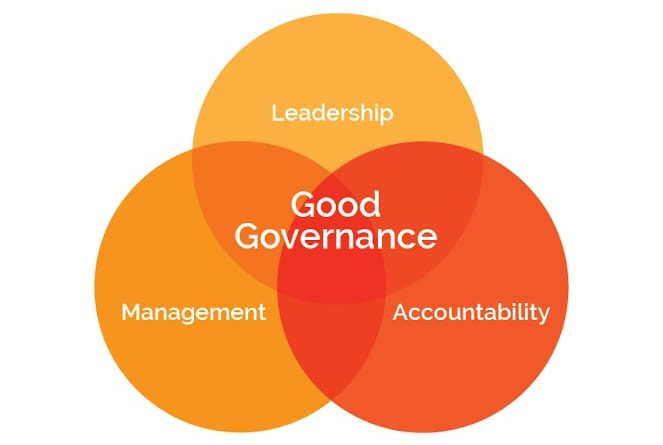Good Governance, continued…
Last week, I introduced the idea of creating a new Constitution, Statutes, and Decisions (CSD) from scratch, and offered some thoughts about the roles, responsibilities, and authority that rests in the Grand Encampment in conclave and the Grand Master when not in conclave. I’m going to leave that and uniforms for now. Let’s look at some philosophy for the next few minutes.
Good governance documents are clearly written and easily understood. They should be written in such a way that the reader knows what is within the power of the top body (in our case, the Grand Encampment), what is in the power of the intermediate level (Grand Commandery), and what is under the control of the local body (Commandery). They should be prescriptive in nature–stating what the body can do–and any specific items which cannot be done at each level. The bottom line is that which is not prohibited is permitted.
Another principle to consider is that anything included in the CSD that applies to the Grand Commanderies or Commanderies does not have to be repeated in the constitution and/or bylaws of those subordinate organizations. This is important because it makes the documents smaller and more concise by reducing duplication, and changes to the CSD do not require automatic changes to these other documents. For example, officer lists and duties are in the CSD, and thus don’t need to be included in the Grand Commandery or Commandery documents. Keep things simple, and only address those items which are unique or necessary to the Grand Commandery and the Commanderies under its jurisdiction (Tip: Nothing prevents doing this today, even without a change to the CSD).
Wherever possible, don’t codify things in the constitution and bylaws that might need to be changed fairly frequently by the actions of another level of the organization. For example–dues amounts. When a Commandery writes a bylaw like “Annual dues shall be $50.00 per year, payable on January 1st,” the minute the Grand Encampment or Grand Commandery increase a per capita amount, the Commandery either has to take less of the dues for its own use, press through an emergency bylaw change, or both. A wiser way to set dues can be “Annual dues shall be $50.00 per year, plus the current assessments of the Grand Commandery and Grand Encampment.” In some organizations, I’ve even seen the dues bylaw written as “Annual dues shall be set at the [month] Stated Conclave for the ensuring year, plus the current assessments of the Grand Commandery and Grand Encampment. If no action is taken at that Conclave, annual dues shall be $50.00 plus the current assessments of the Grand Commandery and Grand Encampment.” With the former, the bylaws only need to be changed when the Commandery desires to change the local dues. In the latter, a bylaw doesn’t need to be changed, and the dues are set annually by a simple majority vote of the members present. A Grand Commandery could take a similar approach.
Another consideration for governing documents is to minimize the “how” provisions. That is, specify what must be done, who is responsible for it, and when it must be done, but leave the “how” details to a standing resolution or officer manual. Doing this reduces the number of changes that need to be made because of process improvement or technology advancement (for example, the use of shared cloud storage for documents, rather than sending via facsimile/fax machine or allowing notifications by email instead of or in addition to first-class mail). A special comment to our non-US Grand Commanderies and Commanderies: Always “sanity check” your governing documents with local laws and regulations. While here in the United States the courts and legislatures have generally taken a position of “benign neglect” when it comes to the internal workings of fraternal organizations, other nations are not so flexible. Certainly, those of you in the European Union need to keep EU rules in mind when dealing with web sites, online registrations, data collection, and so on.
This is probably been more than enough about constitutions, bylaws, and governing documents for now, but we’ll probably have more to discuss down the road. In the next few emails, I want to look at some of the challenges and opportunities we face and some ideas that we all can consider and hopefully start implementing as a way to help strengthen Templary specifically and Freemasonry in general. I think you will find these next few messages thought-provoking, and I look forward to your feedback as well.
